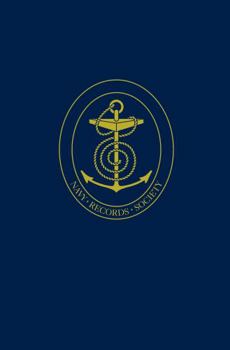The Health of Seamen
Select Format
Select Condition 
Book Overview
The second half of the eighteenth century saw dramatic improvements in the health of the Royal Navy and, as a result, an enhanced capacity to fight and to successfully impose tight blockades. The menace of scurvy was tamed through improved diet and the use of citrus juice; and smallpox stopped in its tracks by a prompt programme of vaccination following the findings of Edward Jenner. The causes of typhus and malaria remained a mystery, but strides were made in containing these diseases by developing rigorous systems to control their spread.
This volume comprises extracts from the extensive writings of the three medical men who made major contributions to these improvements and, indeed, chronicled their progress. They were - James Lind, who was active from the 1740s, became the first Physician of Haslar Hospital and was truly regarded as the father of naval medicine - even if his role in the conquest of scurvy was later exaggerated; Gilbert Blane, Physician to Fleet of Lord Rodney and a Commissioner of Sick and Hurt from 1795; and Thomas Trotter, naval surgeon, Physician at Haslar, and then Physician to the Channel Fleet 1794-1802.
The works of these men can now only be found in specialist libraries or at considerable cost. This volume therefore comprises a valuable addition to the bookshelf of anyone interested in naval medicine.
Related Subjects
History




